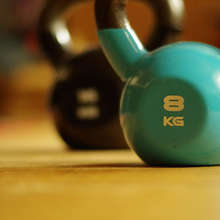A recent study of 178 pre- and 329 post-menopausal British women showed how their sexual function changed over a period of 4 years.
By examining a cluster of factors involved in sexual function such as desire, subjective and genital arousal, lubrication, orgasm, satisfaction, and pain during intercourse, the researchers evaluated how many of them experienced improvement (or remittance from a sexual problem), or decline (progression from healthy into a sexual problem), or no change during the study period.
They observed high stability over the 4-year period for arousal, orgasm, and lubrication (which was a surprise since menopausal hormonal and vaginal changes are repeatedly shown to affect lubrication and dampen arousal), and to a lesser degree, desire and pain during intercourse.
Sexual satisfaction seems much more variable over time. The researchers suggested that sexual satisfaction is closely linked, not only to overall sexual function, but also to relationship satisfaction, making it more vulnerable to change.
Results also showed that of all the factors involved, desire and arousal seem to be the main motivators in women's sexual function and satisfaction, with desire being the most important factors predicting future sexual function and overall sexual satisfaction.
Researchers further suggested that clinical treatment for sexual function should focus more on the development and maintenance of desire and arousal, even when the main patient complains are other, perhaps more physical, problems.


